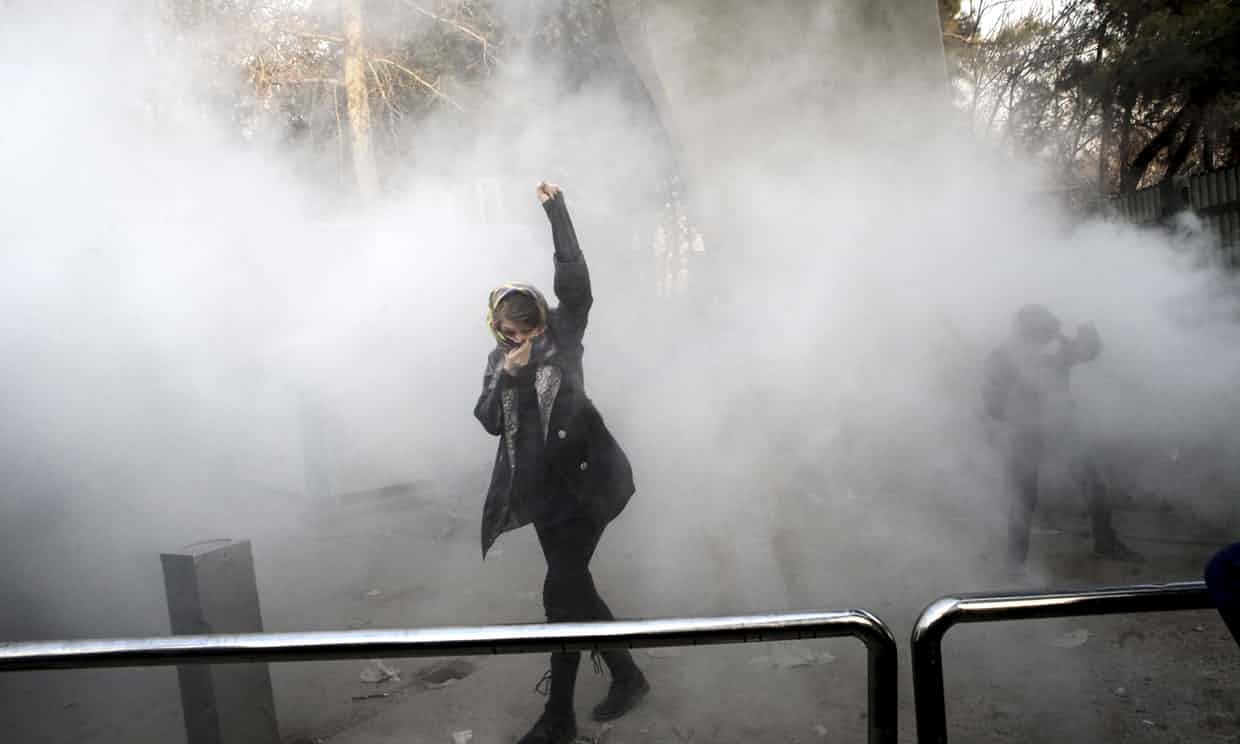Late last week, major protests erupted in a handful of provincial cities across Iran, and have since spread to Tehran. Predictably, some Western governments, especially the Trump administration, have interpreted these protests as a call for regime change in Iran. But as Eskandar Sadeghi-Boroujerdi writes at the Verso blog, the real motivations behind the protests are more varied and complex, and cannot be properly understood if viewed exclusively through a Western imperialist lens. Here’s an excerpt:
Commentators and self-styled experts have been quick to jump to hasty conclusions and decree what is driving the present bout of discontent. The giddy enthusiasm of the Trump administration, rightwing DC thinktanks, and many others is palpable. Predictably, the same voices who have consistently demanded Iran’s international isolation, along with the imposition of sanctions, military intervention, and regime change, have rapidly sought to bandwagon the recent expressions of discontent and appropriate them for their own imperial agendas. Such rampant and frankly malevolent opportunism is frustrating to say the least. Within the space of some twenty-four hours, and with only a small number of exceptions, nearly every mainstream Western media outlet has inclined to assimilate legitimate expressions of socioeconomic distress and demands for greater governmental accountability into a question of “regime change.”
Needless to say, these very same individuals and venues have time and again completely ignored the fact that countless strikes and protests from Khuzestan to Tehran, ranging from teachers to retirees, have become a regular occurrence in Iran since President Hassan Rouhani’s 2013 election. The latter’s administration and those sympathetic toward its agenda have sought on many an occasion to scale down levels of securitization and similarly distinguish between those citizens who express legitimate civic grievances and others who seek the system’s overthrow. These may seem like fine distinctions which fail to assuage the liberal conscience, but they are nevertheless immensely important for the institutionalization of legal and mutually recognized channels of civic contestation. These achievements and many others besides (e.g., indications of relaxed policing of “bad hijab” and the commuting of the death penalty for drug smugglers under two kilograms) are not inconsequential or to be belittled. They harbor implications for the lives of thousands if not millions of Iranians.
Image: A university student protects herself from teargas while protesting at the University of Tehran. Via The Guardian.
